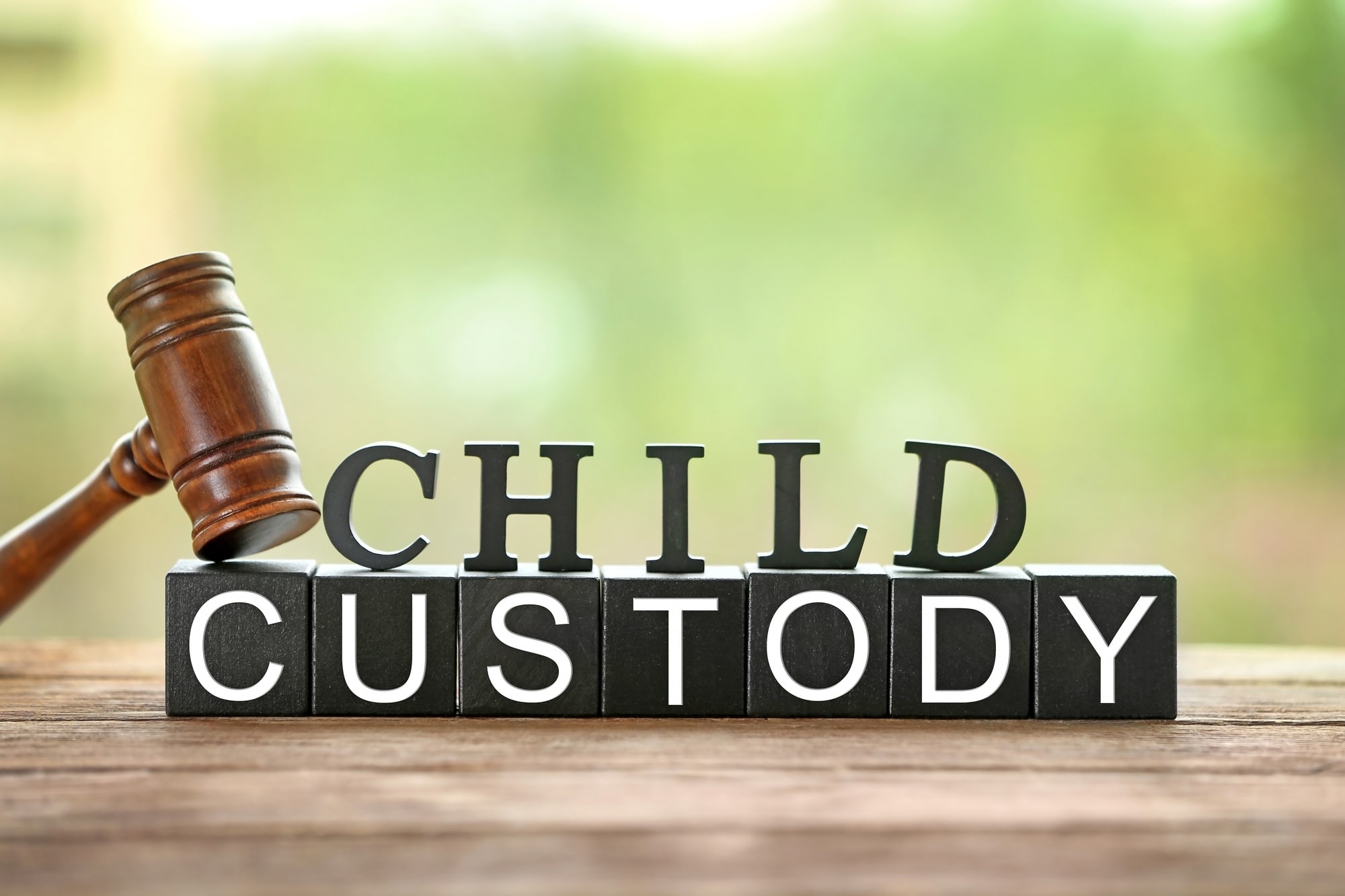
Understanding your legal rights can be overwhelming when dealing with child custody cases. It’s important to know what to expect, what factors the courts consider, and how you can protect your interests. Whether you’re going through a divorce or seeking modifications to an existing agreement, having a clear understanding of your legal options is essential. In this FAQ, we’ll cover some common questions people have when they’re involved in child custody cases. If you need further guidance, a Tampa, FL child custody lawyer can offer valuable insight for your situation. Our dedication to providing you with legal support extends well beyond the courtroom, we are involved in community initiatives and legal education.
What Does Legal Custody Mean?
Legal custody refers to a parent’s right to make important decisions about the child’s welfare, including education, healthcare, and religious upbringing. When a parent has legal custody, they are responsible for making these significant choices. Legal custody can be awarded solely to one parent or shared between both parents, depending on what is in the child’s best interests.
How Is Physical Custody Different From Legal Custody?
Physical custody refers to where the child will live and which parent is responsible for their daily care. In contrast, legal custody involves decision-making rights. A parent with physical custody is the one the child lives with most of the time. This can also be shared between both parents if the court determines that joint physical custody is in the child’s best interests. Depending on the family’s circumstances, both physical and legal custody arrangements can vary.
Can A Custody Arrangement Be Modified After The Court Makes A Decision?
Yes, child custody arrangements can be modified if there is a significant change in circumstances, such as a change in the child’s needs, a parent’s relocation, or if the current arrangement is no longer working. To modify a custody order, you will need to petition the court, providing evidence that the changes are in the best interest of the child. It’s crucial to work with legal counsel when seeking modifications, as the process requires a formal legal approach.
What Factors Do Courts Consider When Determining Custody?
Courts focus on the best interest of the child when determining custody. Several factors are considered, including the child’s age, the emotional bond between the child and each parent, the ability of each parent to provide for the child’s physical and emotional needs, and each parent’s willingness to foster a relationship between the child and the other parent. The court may also consider the child’s preference, especially if they are older, and any history of abuse or neglect.
Can Grandparents Or Other Relatives Seek Custody?
In some situations, grandparents or other close relatives may seek custody if it is in the child’s best interest. These cases typically arise when both parents are unable to provide care, or there are concerns about the child’s safety. Courts will evaluate the same factors they do in parent-child custody cases, focusing on what arrangement would be most beneficial for the child.
Seeking Guidance For Your Child Custody Case
One of the most significant differences in case outcomes is understanding your legal rights in child custody cases. While these frequently asked questions provide an overview, every case is unique. If you need personalized guidance or have specific concerns, we encourage you to reach out for professional legal advice. Our friends at The McKinney Law Group can discuss your rights in more detail and help you take the right steps to protect your family’s interests. If you’re ready to take the next step, contact us today for a complimentary consultation.
